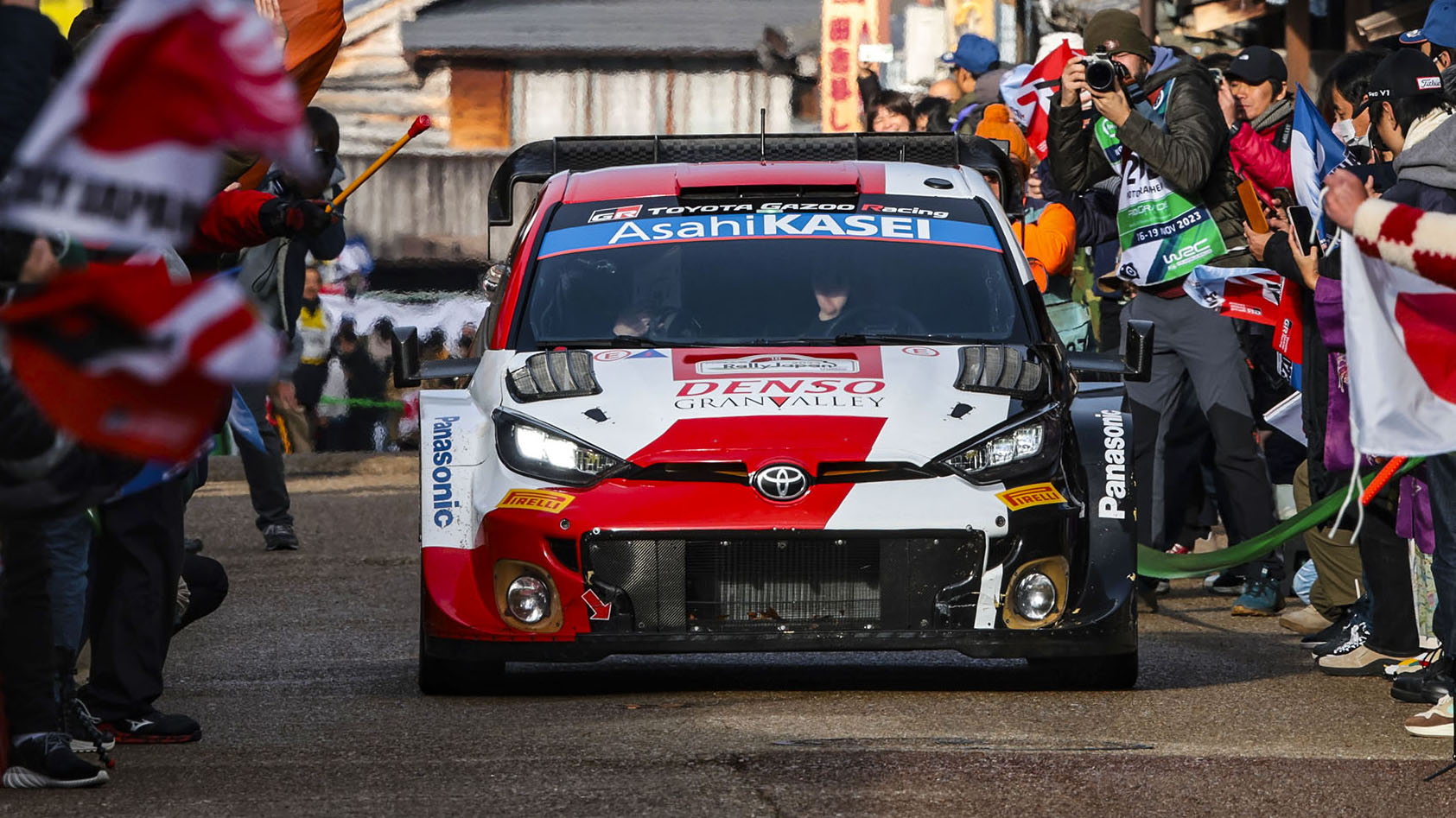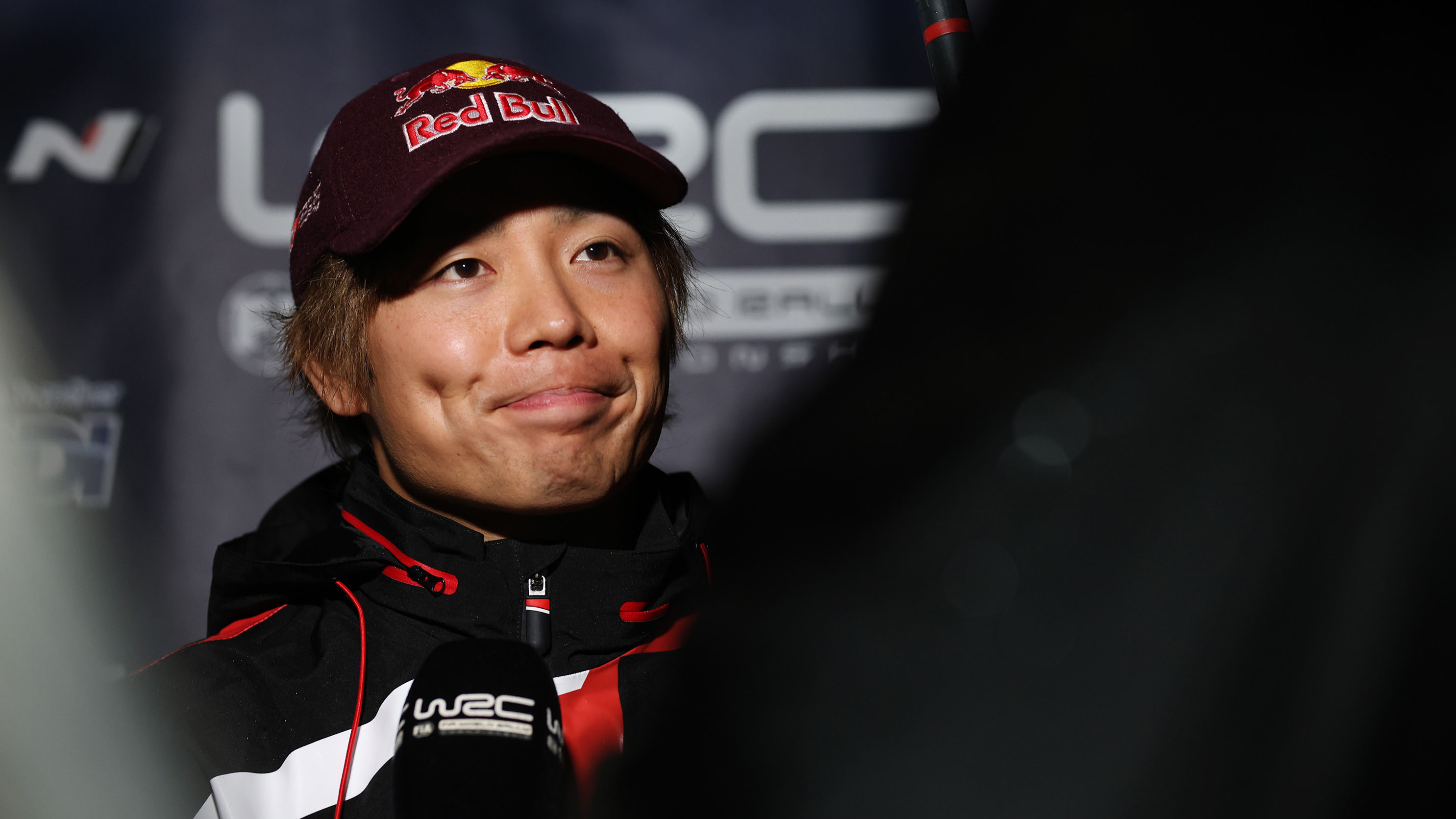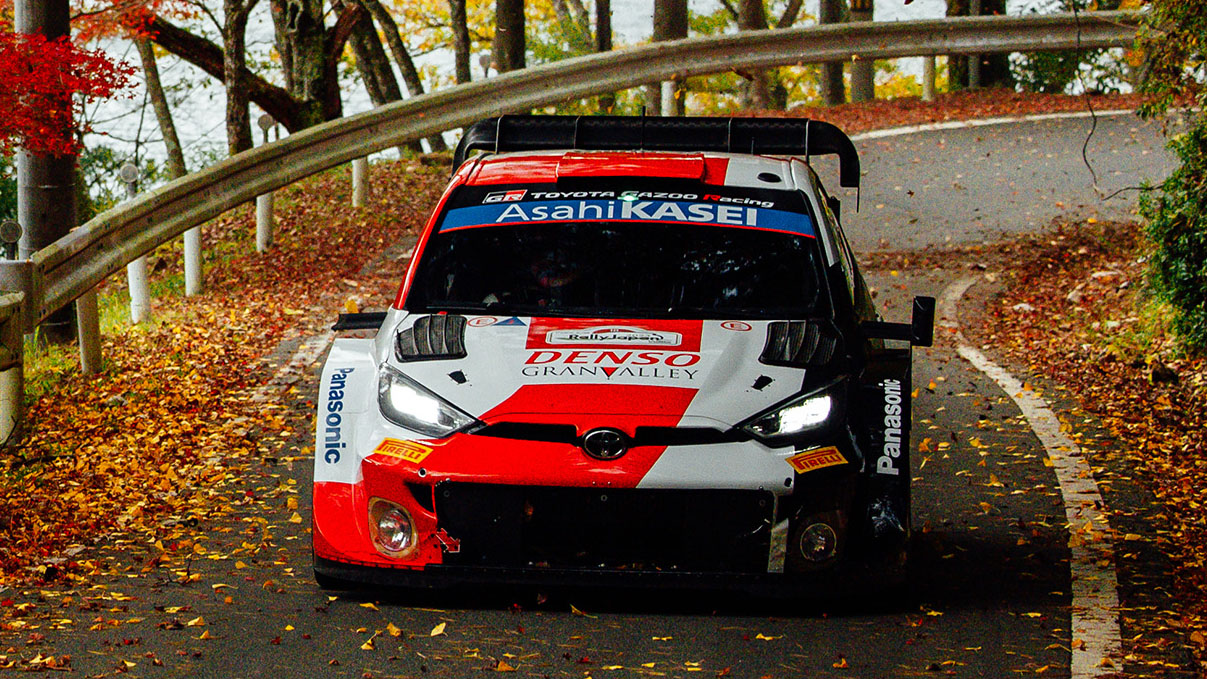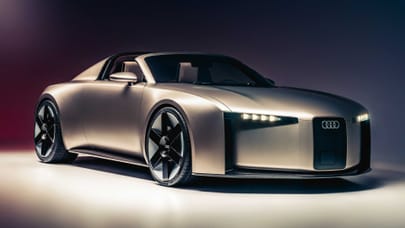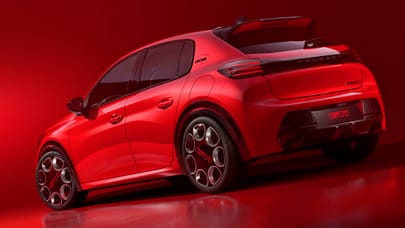
Takamoto Katsuta: “in rallying, the lack of experience can’t just be fixed with raw pace”
Toyota Gazoo Racing’s multiple podium achiever talks to Top Gear about adapting to loose surface racing and the mental challenges faced during lengthy stages
Rallying is hard. It forces drivers to learn deft precision, like you would in Formula One, and carry the steely determination of a NASCAR driver to win by any means possible. And that’s before you even consider that some rallies last for days on end, running well after dark. A bit like a portion of the World Endurance Championship (WEC) calendar.
On top of that, you have to learn an entirely new language (pace notes) that's being barked at you by a co-driver often while you're on full opposite lock. A bit like wrestling an alligator while climbing a mountain, then.
One man who’s well-versed in the difficulties faced by rally drivers is Takamoto Katsuta, who currently competes in the WRC with Toyota Gazoo Racing. Having spent his formative years in Japanese open-toppers, Katsuta then joined the wild world of rallying in 2015, making his full WRC debut in 2019.
He has since racked up a quintet of podiums and 30 stage wins in his thus far 70 appearances. At the recent 24 Hours of Le Mans, TopGear.com sat down for a chat to get to the bones of what makes a rally driver.
How difficult was the transition from road to rally driving?
The main thing is adapting to the different surfaces: gravel, tarmac, ice and so on. It took so much time to get an understanding of how much grip you have on the different environments. In rallying, the lack of experience can’t just be fixed with raw pace. It’s easy to make mistakes and crash because there are no escape zones. Experience is the key to becoming a good rally driver, which is why the likes of Seb Loeb and Seb Ogier can continue to compete at such high levels.
I come from a road racing background, where I was going flat-out in every corner straight away, but this was the mistake I made when I entered rallying. I tried to apply this same approach and found myself making far too many mistakes. This would then make me nervous before the next event, which is the last thing you want as a beginner. I felt like I couldn’t push myself any more, even if I knew the car had more to give. You learn this the hard way in rallying.
Now you’re an established rally driver, how does it feel to compete at the very top?
People say the WRC is one of the craziest motorsports around, and that drivers don’t have any brains. I agree. But on the other hand, rally driving forces you to have certain limits, because if you’re solely in it for a crazy drive, you’ll be crashing. Constantly.
You need to devise accurate pace notes in practice, like how long the straight is or the angle of a corner that’s approaching. The drivers tell their co-drivers exactly what they’re feeling, and this will help them when it comes to the real thing. So you have to use your brain a lot, and at the start, this was very hard for me to get used to. People don’t understand how tough it is. Not physically, by the way, I’m talking mentally. It’s so demanding.
Of course, you’re teammates with an eight-time WRC winner. What have you learned from him?
Ogier has taught me so much. This year I’ve started to fight for victories - not every rally, of course, but some - and in certain races I’ve had the speed but made mistakes which caused me to fail. I was really upset with myself, wondering what was going wrong despite having the pace. Then I spoke with Seb to understand, from his perspective, what I was doing wrong. He told me about how, when he was fighting for his very first victory, he always used to push 110 per cent to beat Seb Loeb.
But he realised in trying to push himself that hard he was making mistakes. He realised he needed to stop pushing and needed to work on being consistent while staying as close as he could to 100 per cent at all times. He told me if I follow this idea then I’ll be much safer in the car, and will be faster overall. It was good advice because it made me realise how important mental control is in rallying.
Top Gear
Newsletter
Thank you for subscribing to our newsletter. Look out for your regular round-up of news, reviews and offers in your inbox.
Get all the latest news, reviews and exclusives, direct to your inbox.
And finally, what would you say are the big differences between road and rally racing?
It’s actually quite similar to endurance racing because you need to focus a lot on your pace strategy and overall consistency as a team. Of course, there are some differences, because you need to overtake people in road racing, and the start is always super important. You also need to make more split-second decisions.
Rallies are often over three days and consist of various stages and weather conditions. In my opinion, it requires a more flexible mindset, because at some stages if you’re just focusing on gaining a victory and something goes wrong, there’s a lot more pressure on you to deliver in the next stage.
But with a flexible mindset, it’s easier for you to adapt to mistakes and conditions. If I make a mistake, I just try to forget about it quickly and get on with the next one, which wasn’t an easy thing to learn. Another thing Seb told me was that, if you make a mistake on a corner and you feel like you’ve lost time, and need to go flat-out to try and gain back that time in the next corner, it’s the most dangerous thing you can do in rallying.
You’re putting that bit more pressure on yourself, and leaving yourself wide open to even more errors. So you need to forget about the small mistake and think about the bigger picture, which is never an easy thing to do. We’re all human, after all.
Trending this week
- Car Review
BMW iX3




